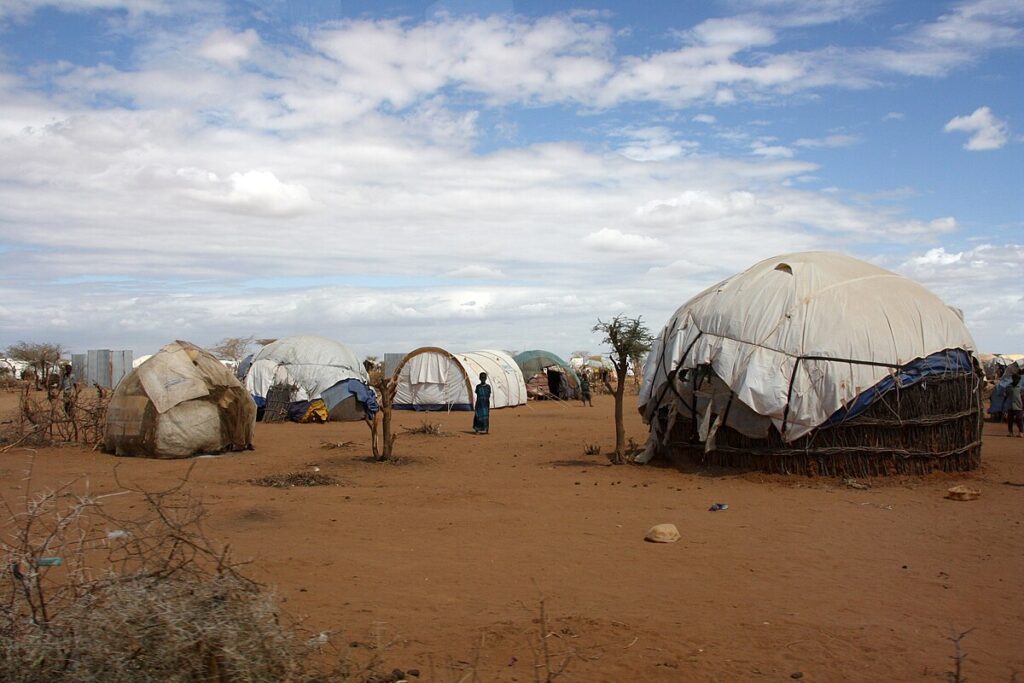A refugee is a person who has been forced to leave their home in order to escape war, persecution, or natural disaster.
A refugee crisis can refer to difficulties and/or dangerous situations in the reception of large groups of refugees. These could be forcibly displaced people, internally displaced people, asylum seekers or any other large group of migrants.
By the end of 2024, conflicts across Africa had displaced more than 45 million people. Most remained within their own countries as internally displaced people, but millions crossed borders as refugees or asylum seekers. This crisis has mainly affected the DRC, Ethiopia, Somalia, and Sudan. However, millions have also been displaced in the Sahel countries of Burkina Faso, Mali and Niger as Jihadist forces have gained ground.
Children and women are disproportionately affected by the crisis. Over 4.5 million displaced children are at risk of human rights violations and exploitation.
Key causes
The main causes of this crisis are:
Conflict – armed conflicts – including civil wars – are major drivers of displacement
Climate shocks – droughts, floods and other climate-related disasters are increasingly contributing to displacement, notably in countries like Ethiopia and Mozambique
Food insecurity – conflict and climate change exacerbate food insecurity, driving people away from their homes in search of safety and sustenance
A neglected crisis
Many of these emergencies are ‘neglected’. They receive little attention either from the media or from the international community due to the focus being turned onto other global issues. The result is a critical shortfall in humanitarian funding which leaves millions without adequate aid. Their needs therefore go largely unmet. Clinics have closed, there is a lack of essential services for refugees, and few opportunities for displaced people to find employment.
Solutions to the crisis
Governments and the international community must work to reduce conflict and political instability. They must also develop strategies to prevent and respond to mass displacement caused by climate change. A third imperative is to foster economic growth to create employment opportunities so that people choose to stay in their communities rather than being forced to migrate.
Governments can also address the crisis effectively by supporting the safe, voluntary return of refugees to their home countries when conditions permit. Failing that, they should enable refugees who cannot return home to settle in their host countries and integrate locally.
Regional and international cooperation
The African Union should take the lead in implementing continental policies, and collaborate with regional bodies to support both refugees and their host communities. Strengthening the resilience of communities hosting refugees is essential if the crisis is to be overcome. Equally important is ensuring that the refugees themselves are involved in the planning and management of solutions. And at the international level humanitarian and development partners, such as the World Bank and UNHCR, must work together to implement comprehensive long-term solutions.
Above all, raising awareness and advocating for better policies and funding for refugees – whether they are internally displaced or migrants – is key to mitigating and eventually overcoming the crisis.
By Godfrey Selbar


